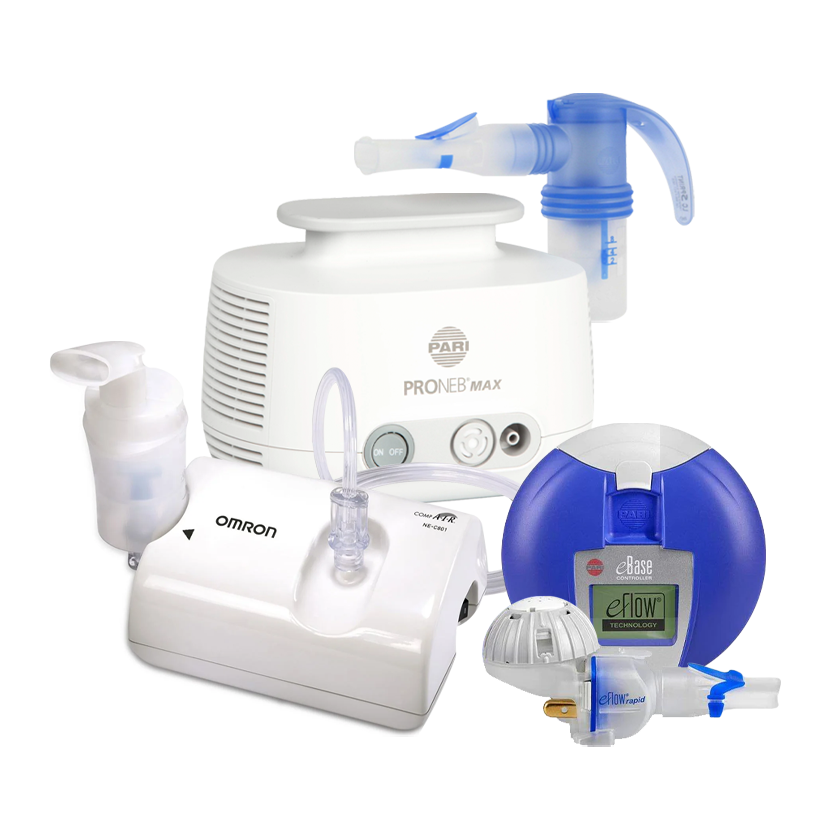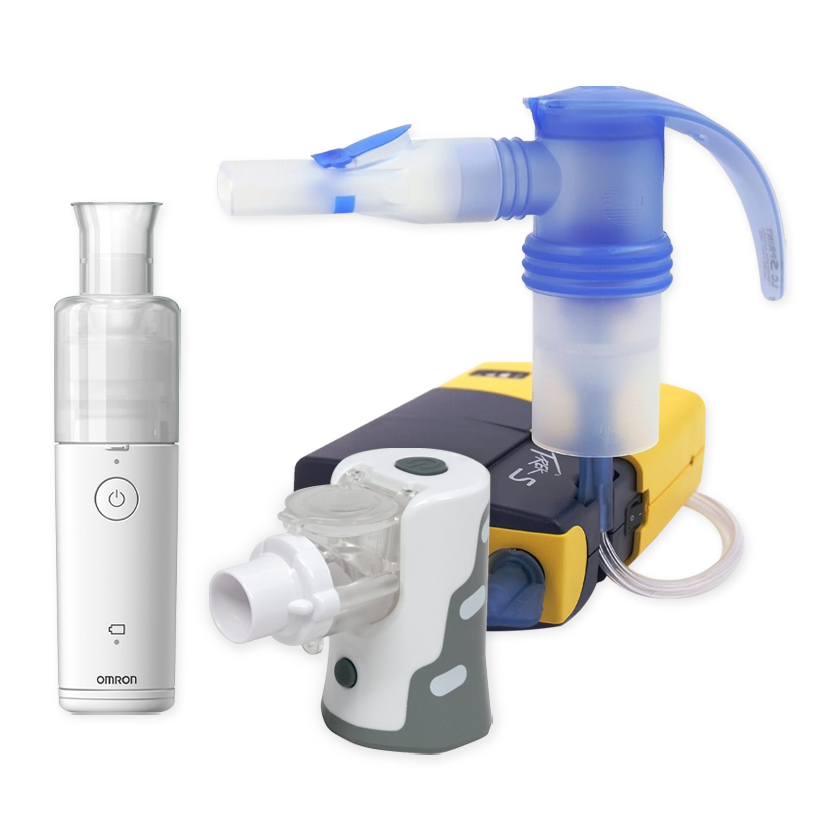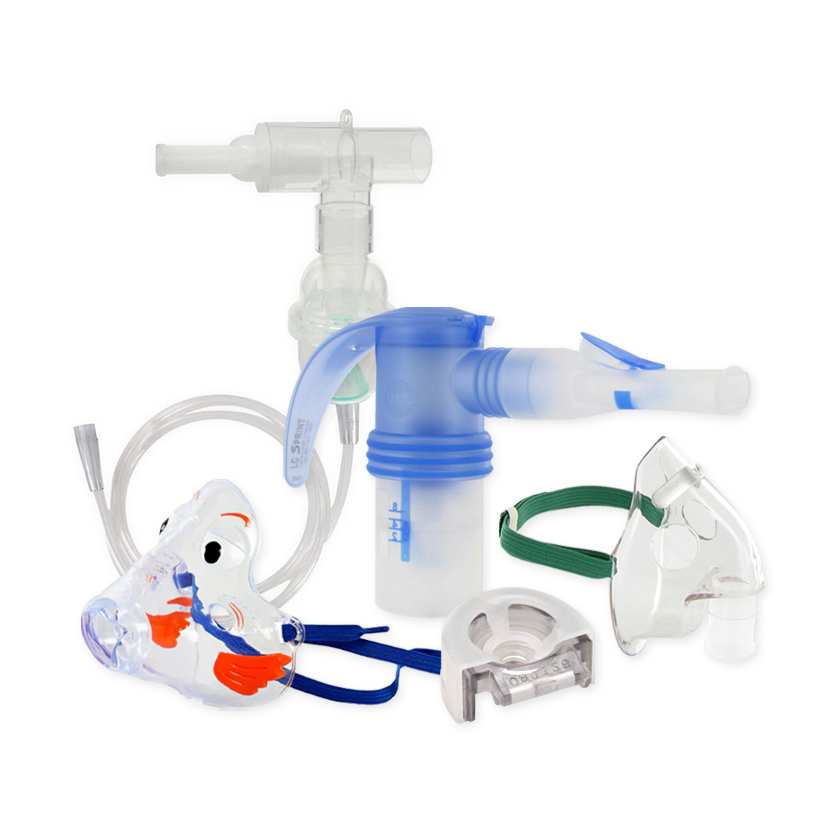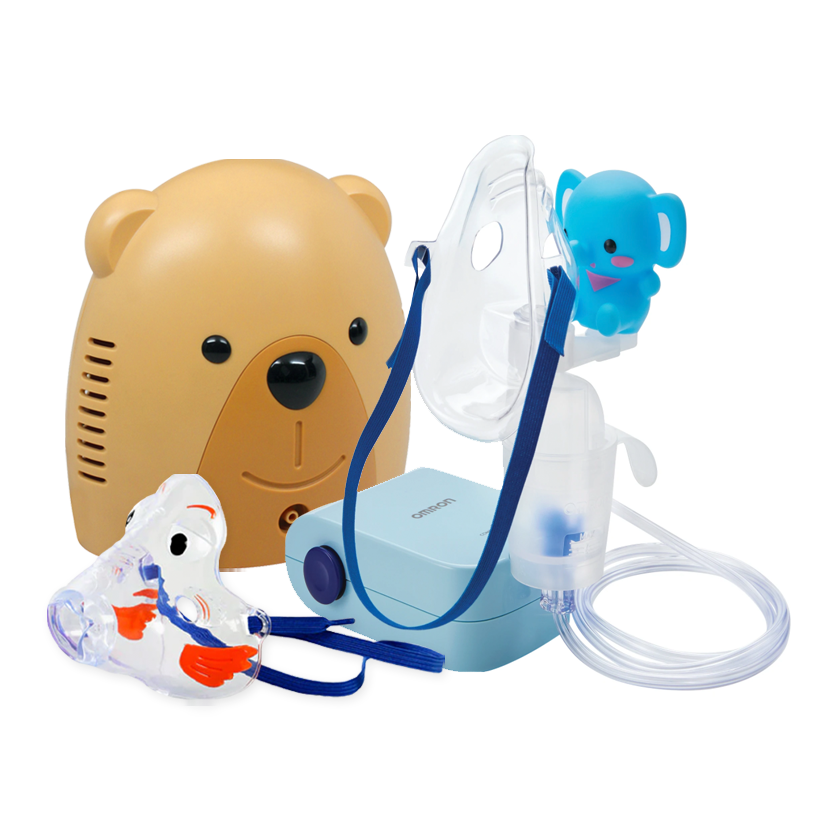Your Cart is Empty
Free Shipping on all orders over $75!
Menu

Free Shipping on all orders over $75!
Nebulizer Systems
Travel Nebulizers
Nebulizer Accessories
Just For Kids
Oxygen Supplies
Breastfeeding Reduces Asthma Symptoms in Infants, Study Suggests
December 08, 2016 1 min read
We don’t know exactly what causes asthma, but it seems to be a combination of genetic and environmental factors.
One of the many genetic factors scientists have linked to an increased asthma risk is gene variants located on chromosome 17 at region 2 band 1, aka 17q21. A recent study from Switzerland has shown that infants with 17q21 gene variants are 27% less likely to have asthmatic respiratory symptoms such as wheezing, coughing, and chest tightness on the weeks they are breastfed.
The study looked at 368 infants who were part of the Basel-Bern Infant Lung Development birth cohort. The researchers gathered data on the infants’ respiratory symptoms, breastfeeding status, and genetic profile.
“As research in this field progresses, we are understanding more and more about the gene-environment interaction for the development of asthma,” said Dr. Olga Gorlanova, one of the study’s researchers. “Our study sheds light on how this interaction can be modified by breastfeeding. This is the first time that we were able to show the effect of the 17q21 variants on respiratory symptoms during the first year of life, depending on breastfeeding status. Our results must be replicated by another cohort.”
If these results can be replicated, it may help the thousands of infants around the world living with asthma, one of the most common chronic childhood diseases.
Subscribe
Sign up to get the latest on sales, new releases and more …
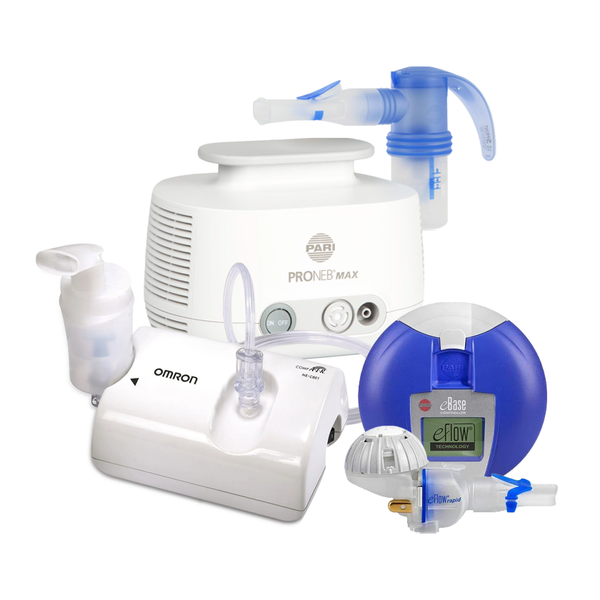
NEW CUSTOMERS SAVE $5 OFF YOUR FIRST PURCHASE OF $20 OR MORE
Code will be sent to email entered if applicable
SIGN UP FOR FUTURE SALES, NEW PRODUCTS AND ANNOUNCEMENTS
{"themeColor":"#061f77","iconColor":"#061f77","showLogo":true,"topBottomPosition":0,"rightLeftPosition":5,"iconSize":"large","iconCustomSize":64,"position":"middle-right"}
